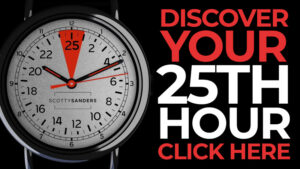As a leader, one of the most critical roles you have is building a high-performing team. The people you hire can make or break your organization’s success. Studies have shown that on average, executives only get it right about 50% of the time when making hiring decisions. In other words, if given a second chance, they would hire differently for half of their hires.
I’ve been hiring people for many years, and every hiring mistake is painful not just for me as the leader, but for everyone involved – the new hire, their teammates, and the broader organization. Your hiring decisions can impact quite a few people! That’s why I take a very diligent approach to hiring and have processes in place to ensure my hiring success rate is much higher than 50%. In fact, my hit rate is closer to 80%.
How do I achieve this? How do I make sure that the people I hire are truly the right fit for the job? At the core of my hiring process are the questions I ask during interviews. The right interview questions can provide deep insights into a candidate’s skills, motivation, self-awareness, and cultural fit. Over the years, I’ve honed in on five key questions that I believe are most revealing when it comes to identifying top talent. Let’s dive into each one:
- “Walk me through your schedule for a typical week?”
I like to start off with this question because it helps me understand how productive, focused, and busy a candidate truly is. If someone cannot manage their schedule in their current role, how can I trust them to manage their time well in their role at my organization? Before I bring someone on to my team, I want to ensure that they can handle whatever tasks the job requires of them; this question allows me to gauge a person’s organizational skills.
A person’s answer to this question will show whether they are all over the place with a lack of priorities, or if they have a structured, purposeful way of utilizing their time. I’m looking for candidates who can articulate their weekly schedule in an organized manner and demonstrate good time management habits.
- “What are your top three goals or priorities for this year?”
I am a highly goal-oriented person. I’ve found that setting daily goals for myself helps me be more productive. By taking time out of my day every day to think about what I’m working towards and how I’ll achieve my goals, I find myself to be more focused, and I feel much more rewarded for my hard work. When hiring, I like to look for people who think the same way! I know I can trust goal-oriented people to work hard and use their time efficiently. When a potential candidate does not have clear goals or cannot articulate what they are doing to achieve their goals, that tells me that the candidate most likely will not excel at fulfilling my organization’s expectations.
Being goal-oriented is crucial for driving results and achieving success. A candidate’s answer to this question is a strong signal of whether they are motivated by goals and priorities or if they tend to just go with the flow. Top performers will be able to clearly lay out 2-3 specific goals they are working toward, why those goals are important, and how they plan to accomplish them. In contrast, people who struggle to articulate their goals or who don’t have plans for achieving their goals will constantly be in a frenzied, disorganized state and will usually not learn or grow as effectively as goal-oriented people.
- “Tell me about one of your biggest failures in the last 12-18 months. What did you learn?”
Failure is inevitable, even for the best of us. Some might think that failure is a sign of an unsuccessful person; I believe quite the opposite! If a person has no failures to speak of, then you can assume they are good at what they do. However, if a candidate does have failures they can communicate to me, this shows me that they are not afraid to try new things and take risks. A person who is unafraid of failure most likely has big dreams and wants to become better at what they do; they aren’t afraid to go to extensive lengths to achieve a goal! Additionally, what separates the mediocre from the great is the ability to learn from failures. Failure in and of itself provides no value if a person does not use their failures as an opportunity to shift gears and try something new.
When I ask this question, I’m looking for self-awareness, humility, accountability, and a growth mindset. An ideal response would be a thoughtful reflection on a significant failure, the lessons taken from that experience, and how the candidate has applied those lessons to improve themselves. This shows me that if I hire this candidate, they will use the mistakes they make working for me to become even better!
- “What would your present or past supervisor say is your biggest weakness?”
When I ask this question, I’m looking to see if a candidate can take constructive criticism. Self-awareness and a willingness to work on one’s weaknesses are vital attributes for any strong employee. If a candidate can answer this question honestly and objectively, this reveals their level of self-reflection, receptiveness to feedback, and commitment to self-improvement.
In contrast, I am weary of candidates who try to minimize their shortcomings or avoid taking accountability for their actions. Red flags would be deflecting the question, struggling to identify any weaknesses, or pointing the finger outwards instead of inwards. Additionally, I am careful of candidates who are unnecessarily self-deprecating. There is a difference between being humble and lacking confidence! When hiring, I look for candidates who can articulate their weaknesses but also have clear action steps for working through them.
- “What are three reasons I should hire you and one reason why I shouldn’t?”
This final question might be the most telling question that I ask in interviews! It is a powerful question because it allows me to gauge a candidate’s confidence, understanding of the role they’re interviewing for, self-awareness once again, and ability to sell themselves. A candidate who can give me three great reasons why I should hire them will highlight their highly relevant strengths that make them a great fit for the job.
The most telling part of this question, though, is the candidate’s reason for why I shouldn’t hire them. A good answer to this aspect of the question demonstrates humility and honesty. Similarly to the questions about failures and weaknesses, this part of the question reveals whether a person is self-aware and willing to work on themselves.
Overall, this question gives candidates the perfect chance to control the narrative and tell me exactly why they’re the right person for the job. They have an opportunity to showcase their greatest strengths and to prove to me they can take accountability for their shortcomings as well. Overall, this question gives a well-rounded candidate the opportunity to truly shine.
Additionally, I’ve started incorporating a new “bonus” question into my interviews:
“Are there any issues, challenges or concerns I should know about?”
We all have things we’re dealing with in our personal or professional lives, whether that’s an ailing family member, a side business, or any other obligations or situations that could potentially impact our work. I understand that there are plenty of things that might prevent us from giving 100% all the time. Knowing the hurdles a potential candidate faces prepares me to address any roadblocks to their success. These concerns are not automatic disqualifiers, but I appreciate transparency so I can make a fully informed decision.
Asking great interview questions is just one piece of my comprehensive hiring process for building a phenomenal team. While these questions help me separate the good or fine candidates from the great ones, I also have candidates complete skills assessments, personality tests, and engage with multiple interviewers across my organization. We take a multi-faceted approach to ensure we are thoroughly vetting each candidate from all angles before making that critical hire. I encourage you to implement one or more of these tactics alongside these interview questions to make sure you really know if a candidate will fit into your organization’s culture.
At the end of the day, making hiring decisions is one of the most important responsibilities I have as a leader. The employees I bring onto the team can either elevate our organization to new heights through their talent, drive and cultural contributions, or hinder our momentum and success.
By asking insightful, probing interview questions like the five I’ve outlined above, I’m able to get a very clear picture of whether a candidate has what it takes to be a true rockstar addition to my team. Whether you use these exact questions during your next interview process or you use them to create your own questions, I hope you feel inspired and empowered to make hiring decisions that will benefit you, the rest of your team, and your company as a whole.

